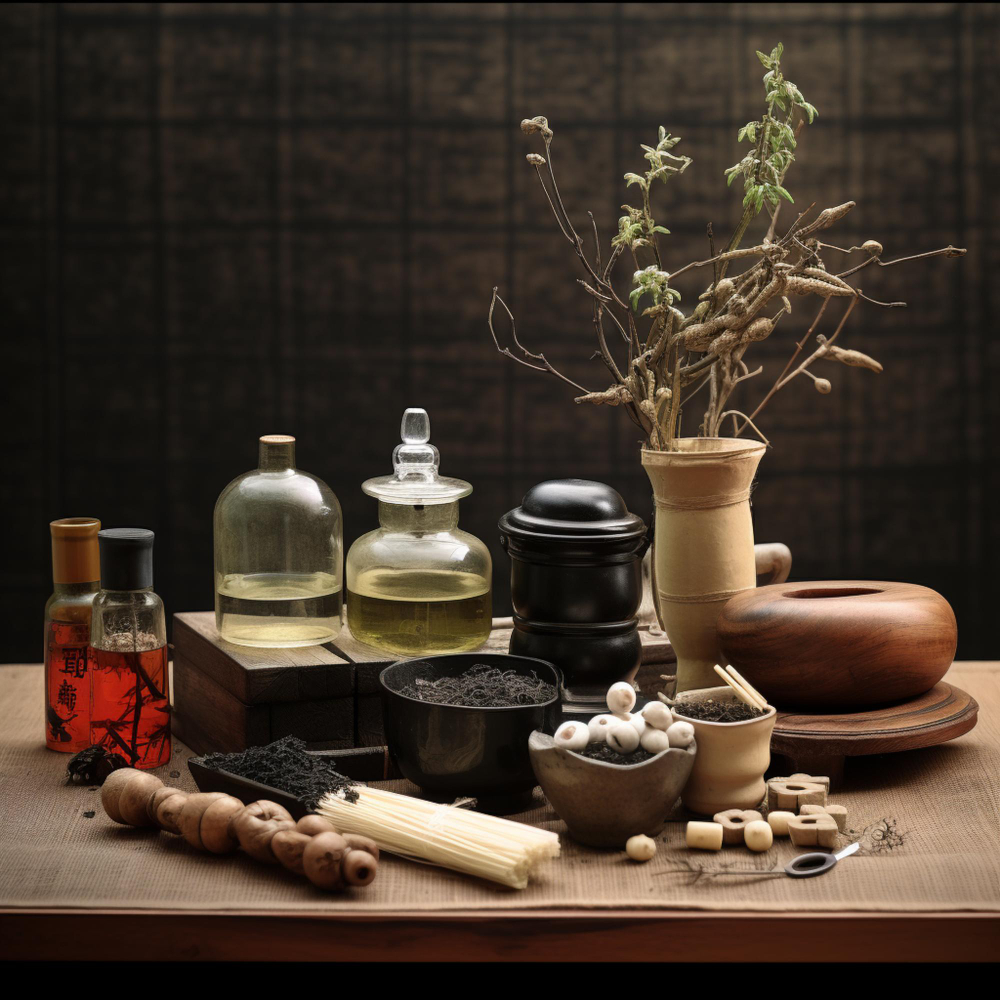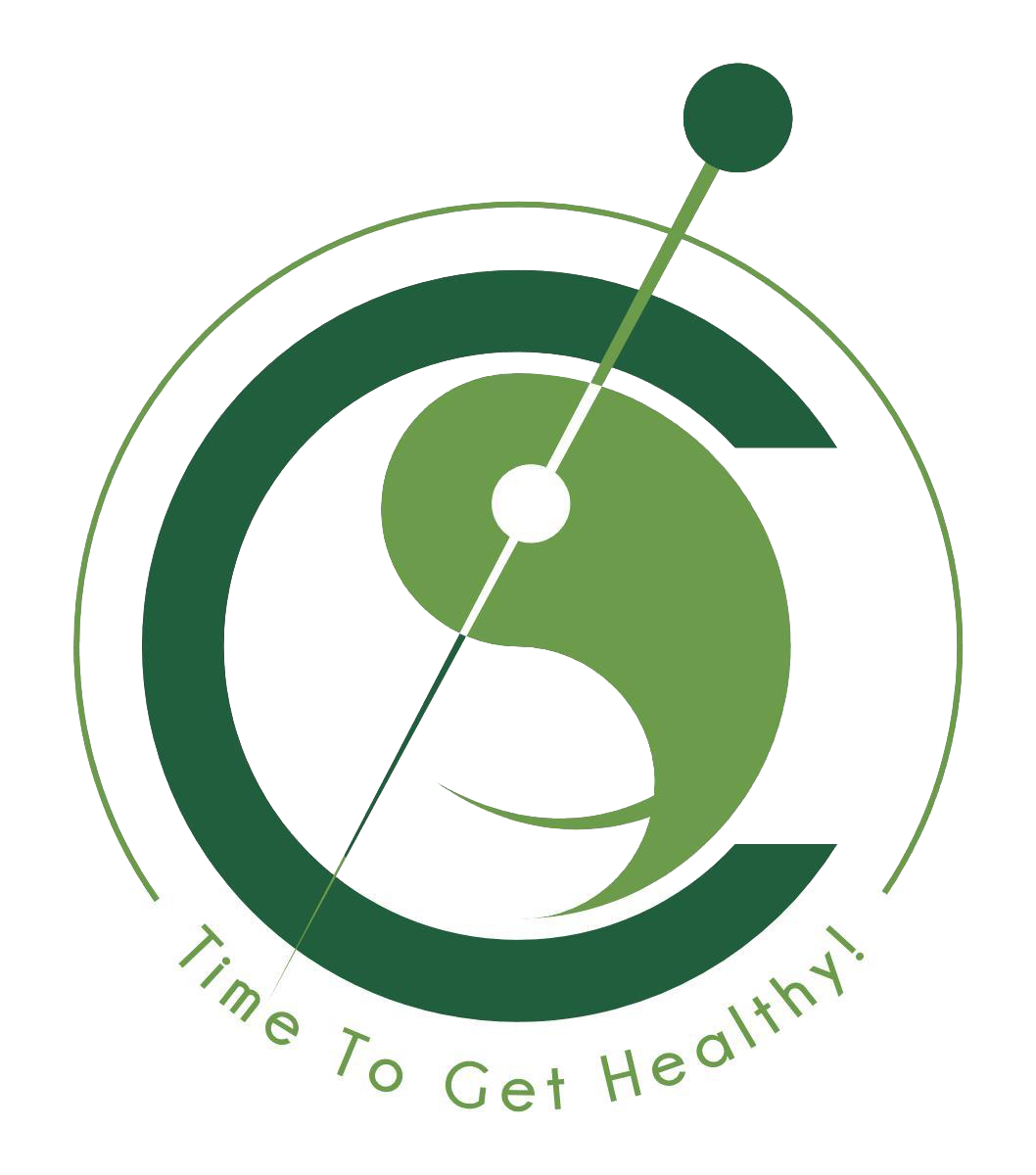Traditional Chinese Medicine (TCM) is a comprehensive medical system with a rich history spanning over 2,000 years. Unlike Western medicine, which primarily focuses on treating symptoms, TCM is rooted in understanding the body as a whole—balancing energy (Qi), blood flow, and organ functions to achieve optimal health and well-being.
Key Components of Traditional Chinese Medicine
✅ Chinese Herbology – The cornerstone of TCM, Chinese herbal medicine has evolved over millennia and is one of the most sophisticated clinical systems for diagnosing and treating health conditions naturally. Herbal formulas are customized to address specific health patterns, supporting the body's ability to heal itself.
✅ Acupuncture – A time-tested practice that involves inserting fine needles into specific points on the body to stimulate energy flow, improve circulation, reduce inflammation, and promote natural healing.
✅ Other Healing Modalities – TCM also incorporates dietary therapy, cupping, Tui Na massage, and Qi Gong exercises, all designed to restore balance and vitality.


A Proven Approach to Lasting Wellness
Through its deep understanding of the body's interconnected systems, TCM offers effective treatments for a wide range of conditions, including pain management, digestive issues, stress, hormonal imbalances, and immune system support. By focusing on long-term health and disease prevention, TCM helps individuals achieve greater vitality, resilience, and overall well-being.
